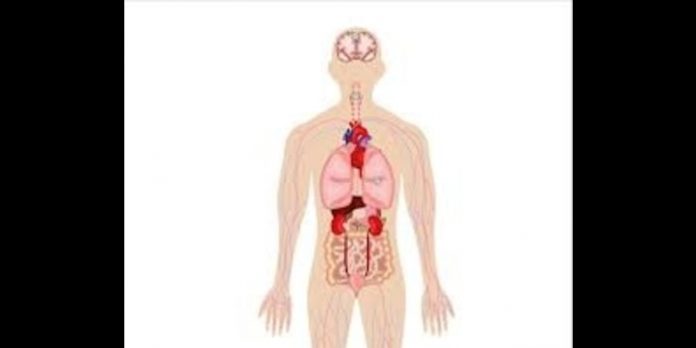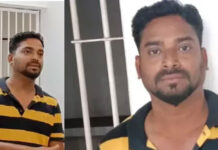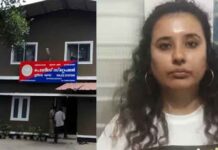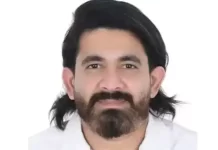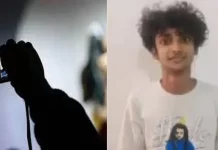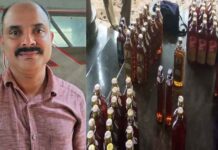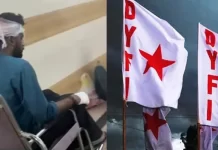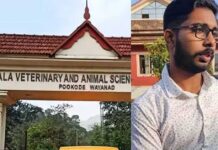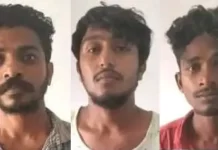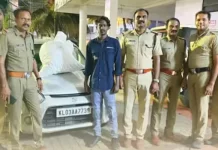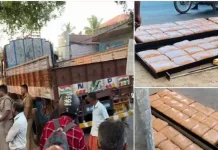Based on a Crime Branch (CB) to the state police chief earlier this week, the presence of an organised organ trade rackets rampant in Kerala. The instances detected so far was just the tip of the ice-berg. The scale of the racket could be more extensive. DGP Loknath Behera has ordered a detailed investigation by a team led by Thrissur CB Superintendent of Police to unearth the role of the members in the racket, which include public servants and doctors. Preliminary investigations had found that there were government employees in the state who were involved in the organ donation mafia. The information about the organ mafia was obtained following an investigation into suspicions of some financial interference in Kodungallur, in Thrissur. The organ trafficking is a subversion of the state government’s mortuary scheme. SP Sudarshan, who is in charge of the probe, said the probe would be extended beyond the state. During the past two years, a number of illegal organ transplantations have happened in violation of the protocol and procedures mentioned in the Transplantation of Human Organs and Tissues Act (THOTA) 1994. “On enquiry, it is also learnt that a number of people have been deceptively induced into donating their organs, mainly kidneys, on payment of money and the same had been received by various people at the behest of agents in violation of the Act.” The report said a detailed probe was important to expose the conspiracy behind the crime and bring the offenders to book. “To collect evidence and bring the offenders to book, it’s prudent to register an FIR under section 417, 119 and 120 B IPC and 19(a), (b), (c) and (d) of the THOTA against a number of unknown accused, who have effected the transplantation of organs in violation of the Act.
Middlemen working for hospitals had “deceptively induced” persons from needy families to donate kidney or liver tissue to well-heeled patients requiring a transplant. Many of the donors had no relation to the recipient and the police could find no evidence to conclude the donor had any particular attachment or affection for the patient. Investigators said they suspected that the donors had received up to ₹ 10 lakh as compensation. However, the middlemen and the suspect hospitals could have netted up to 40 lakhs or more for arranging a live donor. Investigators said the middlemen had migrated from organising blood donation for money to deceptively inducing economically disadvantaged people to donate their organs for cash. During the covid pandemic, regular employment was hard to get, many of the donors could not explain the cash windfall they had received. Agents working in tandem with unethical medical professionals had sought to exploit the gap between demand and supply of organs for transplants and had found the pandemic situation to be suitable for their illegal trade.


